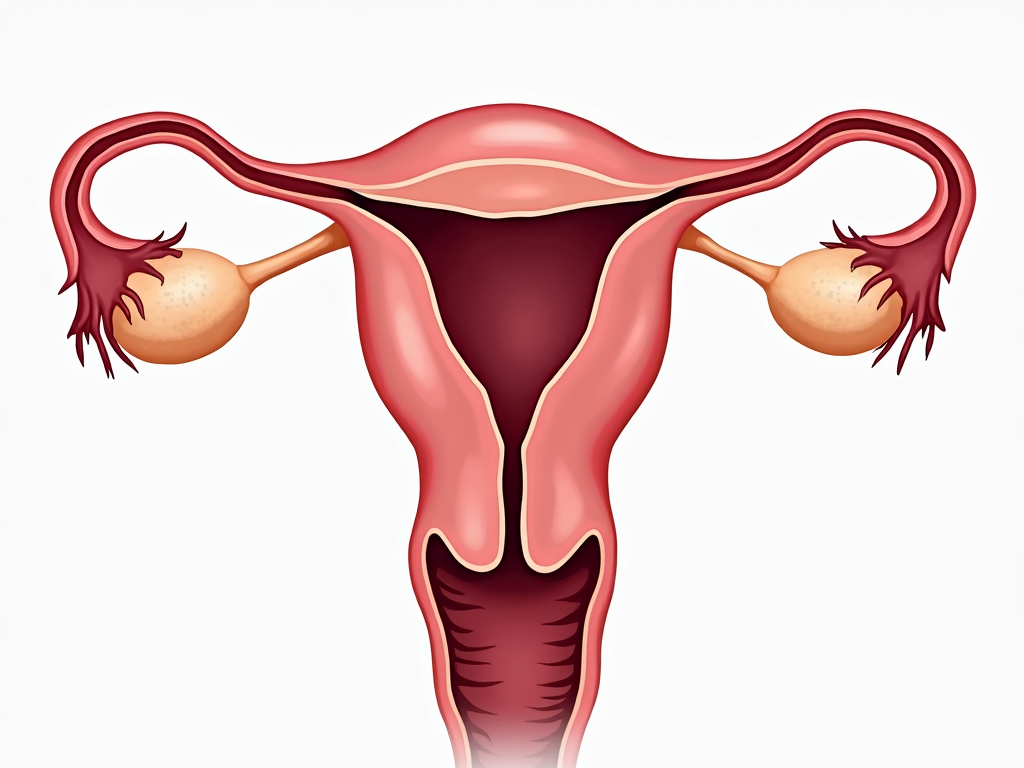Gonadotropins for Male Infertility: A Comprehensive Guide
May 27, 2025, 5:23 p.m.
Male infertility affects many couples trying to start a family. One promising solution is gonadotropins for male infertility. These fertility drugs stimulate sperm production and offer hope to those facing challenges. This article dives into what gonadotropins are, how they work, and their impact on infertility, blending expert knowledge with real experiences.

What Are Gonadotropins?
Gonadotropins are hormones that kickstart activity in the testes. In men, they help produce sperm and testosterone. The two main types are follicle-stimulating hormone (FSH) and luteinizing hormone (LH). Normally, the pituitary gland releases these hormones. But for men with infertility, doctors can prescribe gonadotropins as fertility drugs to boost sperm production.
These hormones target specific cells in the testes. FSH helps the Sertoli cells, which nurture developing sperm. LH triggers the Leydig cells to make testosterone, a key player in sperm creation. When natural levels are low, gonadotropins step in to get things moving.

How Do Gonadotropins Help Male Infertility?
For men with low sperm counts or poor sperm quality, gonadotropins can be a game-changer. They mimic the body’s natural signals, pushing the testes to produce more sperm. This is especially helpful for conditions like hypogonadotropic hypogonadism, where the body doesn’t make enough of these hormones on its own.
Treatment often involves injections, given a few times a week. A fertility specialist tailors the dose based on your needs. Over time—sometimes months—sperm production can improve. It’s not a quick fix, but it’s a solid option for many.

What’s the Treatment Process Like?
Starting gonadotropins for male infertility begins with a visit to a specialist. They’ll run tests—blood work, semen analysis—to see if this treatment fits. Once prescribed, you’ll learn to give yourself injections or have a nurse help. Treatment can last 3 to 12 months, depending on how your body responds.
Regular check-ups track progress. Doctors measure sperm count and hormone levels to adjust the plan. It’s a commitment, but one that can pay off. Patience is key—results don’t happen overnight.

Real Stories: Does It Work?
Take Mark, a 32-year-old from Texas. He and his partner tried for two years to conceive. Tests showed his sperm count was low due to a hormone imbalance. His doctor suggested gonadotropins. 'The injections were tough at first,' Mark said, 'but after six months, my numbers improved. We got pregnant soon after. It felt like a miracle.'
Stories like Mark’s show the potential of fertility drugs. Success isn’t guaranteed, but for many, it’s a lifeline. Hearing from real people makes the science feel less distant and more human.

How Effective Are Gonadotropins?
The success of gonadotropins depends on why infertility is happening. For men with hypogonadotropic hypogonadism, it’s highly effective. A study from the National Institutes of Health found that 70% of these men reached normal sperm counts after treatment. For other causes, like blockages or genetic issues, results vary.
Research from Harvard Medical School backs this up—hormone-based treatments work best when the root problem is hormonal. Talk to your doctor to see if it matches your situation.

Challenges to Consider
Gonadotropins aren’t perfect. The cost can hit hard—sometimes thousands of dollars—since insurance doesn’t always cover it. Injections might sting or feel awkward. Side effects like mood changes or fatigue can pop up too. And there’s no promise it’ll work for everyone.
Here’s a quick look at the pros and cons:
| Pros | Cons |
|---|---|
| Boosts sperm count | Expensive |
| Proven for some cases | Takes months |
| Doctor-supervised | Possible side effects |
Weigh these with your doctor to make a smart choice.

Tips for Success
If you go for gonadotropins, stick to the schedule. Missing doses can slow progress. Eat well and avoid smoking—lifestyle matters. Lean on your partner or friends for support; the process can feel long. Ask your doctor plenty of questions—knowing what’s ahead helps.
Summary
Gonadotropins for male infertility offer a real shot at fatherhood for many men. These fertility drugs tackle low sperm production head-on, with science and stories proving their worth. It’s not easy or cheap, but the reward—a family—can make it all worthwhile. Chat with a specialist to see if it’s your path.